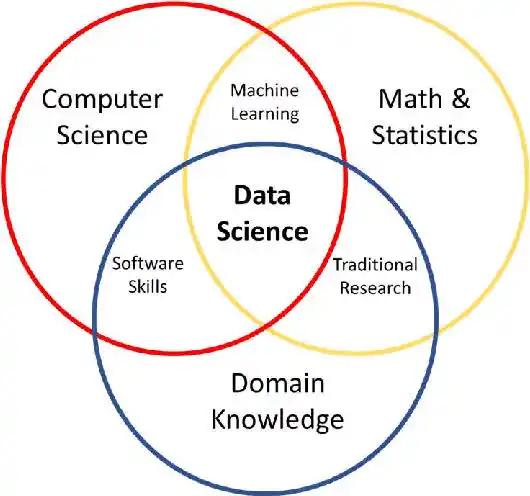
#Data_Science_That_Works
172 subscribers
About #Data_Science_That_Works
To show you *Data Science At Work*, so that you can make *Data Science Work For You* so that you can *Turn Your Data Into Assets*. _Brought To You By Mr. Data_ "If we want data science to work for us, we must first know how it works" ~ Mr Data
Similar Channels
Swipe to see more
Posts

https://www.linkedin.com/pulse/from-questions-clean-data-first-steps-any-real-galiwango-ov0df

Data Term Of The Day *Authorities Of Data Sources* In the context of data sources, "authorities" typically refer to organizations or entities recognized as reliable and trustworthy for providing data. They are the primary sources for data that is considered to be accurate, reliable, and official.

https://www.theregister.com/2025/05/21/opinion_column_ai_cant_replace_developers/

Today's Data Term *Data Lineage* This refers to the process of tracking the movement and transformation of data from its source to its final destination, essentially mapping out the complete lifecycle of data, including all changes and processing steps it undergoes along the way, allowing for better understanding of where data originates and how it has been modified throughout its journey; it is like a family tree for data, showing its origin and lineage through various systems and processes.

Today's Data Term *Data Asset* A data asset is a collection of data that can be used to create value for an organization. Data assets can be structured or unstructured, and can include databases, documents, visualizations, and applications. Data assets help organizations to become more efficient, competitive, and profitable. Examples of data assets: Customer data, Sales data, Financial data, Sensor data, Survey data, and Web and social media data.

Today's Data Term *Data Lake* A data lake is a centralized repository that stores all types of data in its native format, without the need for traditional data modeling or schema definitions. It's a scalable and flexible way to store and manage large amounts of data, making it easily accessible for analysis and insights. Think of a data lake like a large, open reservoir that holds water (data) in its natural state.

Today's Data Term *Data Culture* A "data culture" refers to an organizational environment where employees at all levels value, practice, and actively use data to inform decision-making, meaning data is considered a central component of operations and is readily accessible and utilized to drive business outcomes across the entire company, not just within specific departments. Essentially, it's a culture where data-driven insights are the norm rather than the exception.

Today's Data Term *Data Governance* Data governance is the overall management of the availability, usability, integrity, and security of an organization's data. It involves establishing policies, procedures, and standards to ensure that data is accurate, consistent, and reliable. Think of data governance like a traffic cop, directing the flow of data to ensure it's moving smoothly, safely, and efficiently.

Today's Data Term *Data Validation* Data validation is the process of checking the accuracy, quality, and structure of data before it's used. Data validation tools automatically check and verify data for accuracy, completeness, and conformity to predefined standards.











